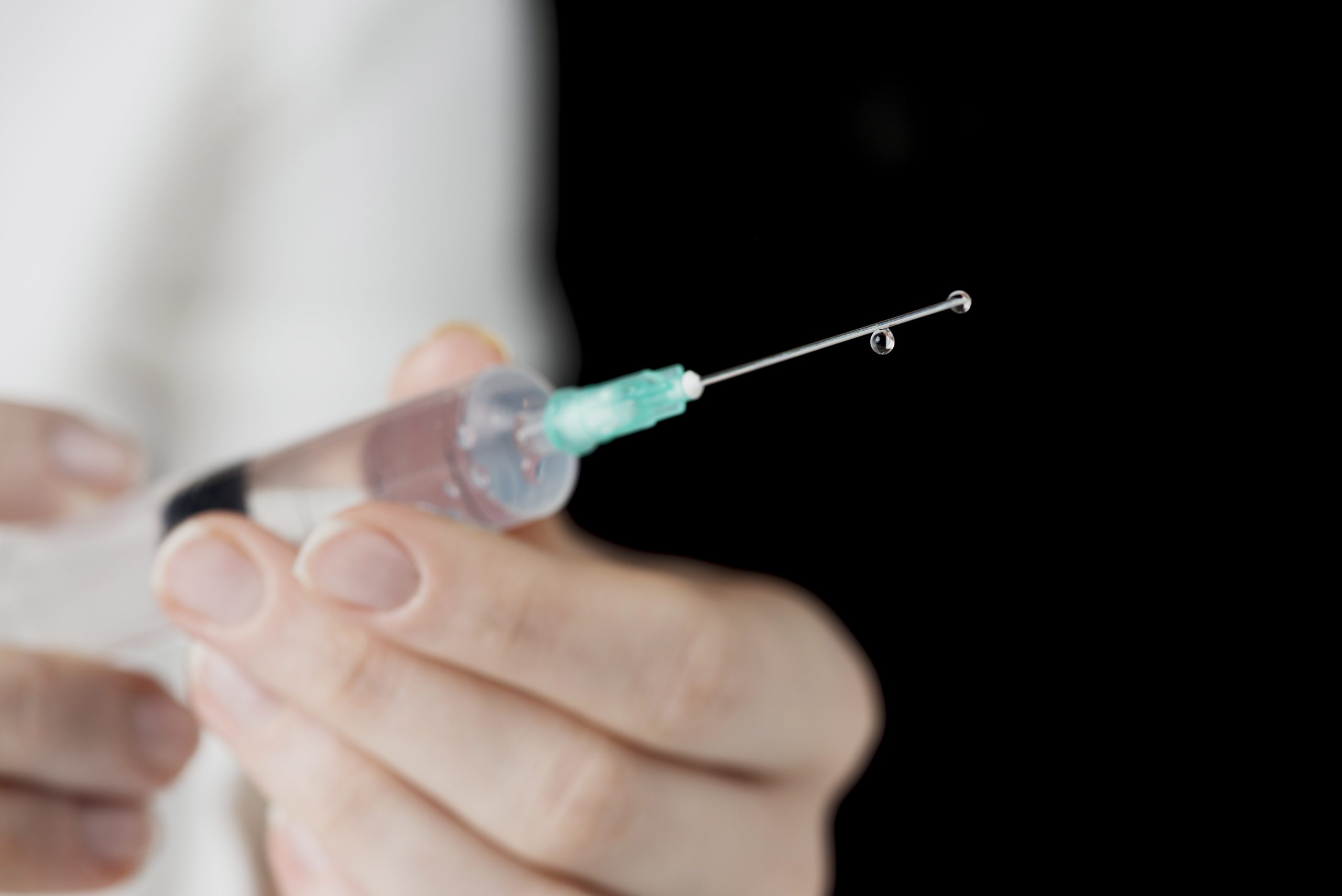
Johnson & Johnson announced that the late-stage trial of its experimental Covid-19 vaccine testing has commenced.
According to the National Institute of Allergy and Infectious Diseases, the clinical trial will register up to 60,000 respondences across 215 locations in the US and other countries.
Details of the Johnson & Johnson late-stage trial revealed the random selection of participants for taking a dose of the potential vaccine or a placebo.
“Four COVID-19 vaccine candidates are in Phase 3 clinical testing in the United States just over eight months after SARS-CoV-2 was identified,” institute director Dr. Anthony Fauci said in a statement.
“This is an unprecedented feat for the scientific community made possible by decades of progress in vaccine technology and a coordinated, strategic approach across government, industry and academia,” Dr. Fauci noted.
“It is likely that multiple COVID-19 vaccine regimens will be required to meet the global need. The Janssen candidate has showed promise in early-stage testing and may be especially useful in controlling the pandemic if shown to be protective after a single dose,” he added.
Johnson & Johnson mentioned that they are applying the same technologies they used to come up with its experimental Ebola vaccine. The methold involves combing genetic material from the virus with a modified adenovirus that typically causes common colds in people.
Based on preclinical studies, J&J’s potential coronavirus vaccine can bring a promising reaction in nonhuman primates and hamsters.
During a conference call, Paul Stoffels, J&J’s chief scientific officer, said that early-stage trial data reveals that the immune response in humans was “comparable to animals, which were protected.” He added that the Covid-19 vaccine seemed well-tolerated, with symptoms like fever fading within 48 hours.
Moreover, he said the company would need six weeks to two months to get 60,000 participants. The trial involves those with and without other ailments linked to an increased risk for progression to severe Covid-19, and will target participants in Brazil, Chile, Argentina, Peru, Colombia, South Africa, Mexico, and the US.
“There are a lot of what we call ‘readiness cohorts,’ where we have predetermined in high risk areas the specific populations we want to target,” he said. “The data teams have been working hard to find out where in the U.S., where in other parts of the world, we can get access to the people and parts of the population at high risk and diverse, which we need to have in the clinical trials," he added.
Syrian golden hamsters
Earlier this month, Johnson & Johnson announced that its experimental coronavirus vaccine can prevent severe illness in Syrian golden hamsters.
The hamsters were given a single dose of the Johnson & Johnson coronavirus vaccine. The researchers exposed the rodents to the virus four weeks later.
According to J&J, its vaccine was able to elicit neutralizing antibodies, which researchers find critical to build immunity to the virus, in hamsters that took the vaccine. The hamsters that were vaccinated also had less weight than unvaccinated ones and did not manifest severe clinical disease like pneumonia or mortality. J&J’s findings were published Thursday in the medical journal Nature Medicine.
“This pre-clinical study further validates our confidence in our SARS-CoV-2 vaccine candidate,” J&J’s Chief Scientific Officer Paul Stoffels said in a press release. “With our Phase 3 trials planned to start this month, we remain committed to expanding our manufacturing and distribution capabilities to enable global access to our SARS-CoV-2 vaccine candidate should it prove to be safe and effective in humans,” he added.






